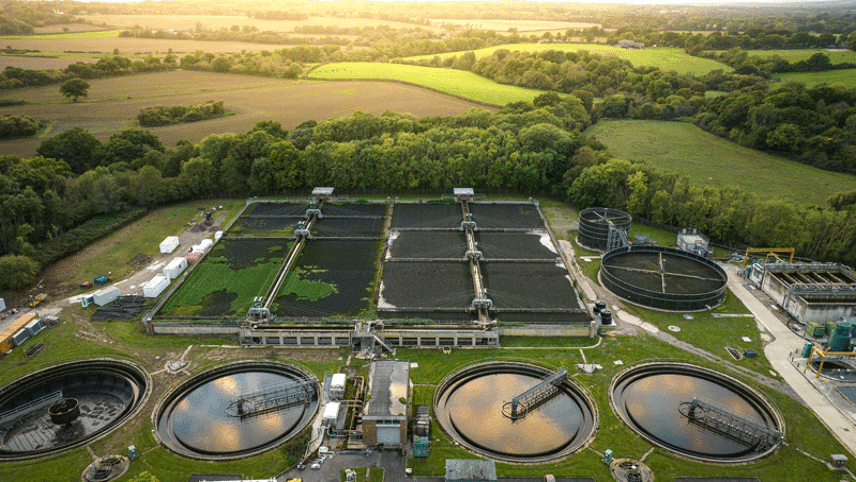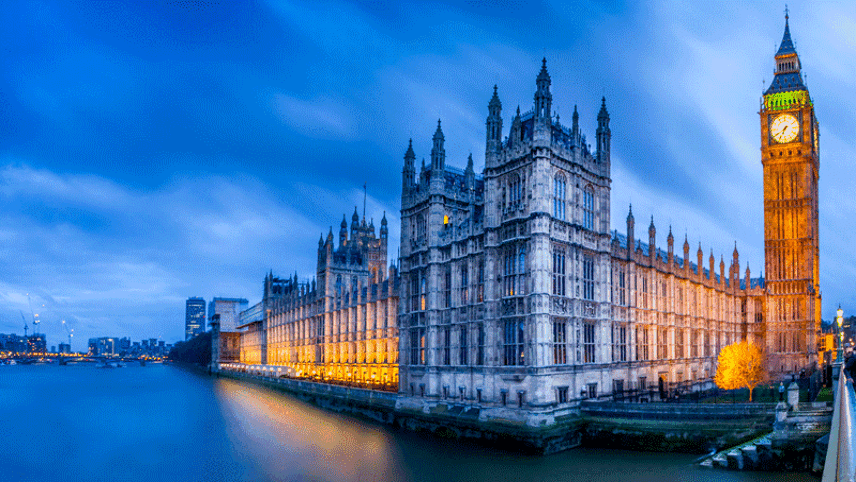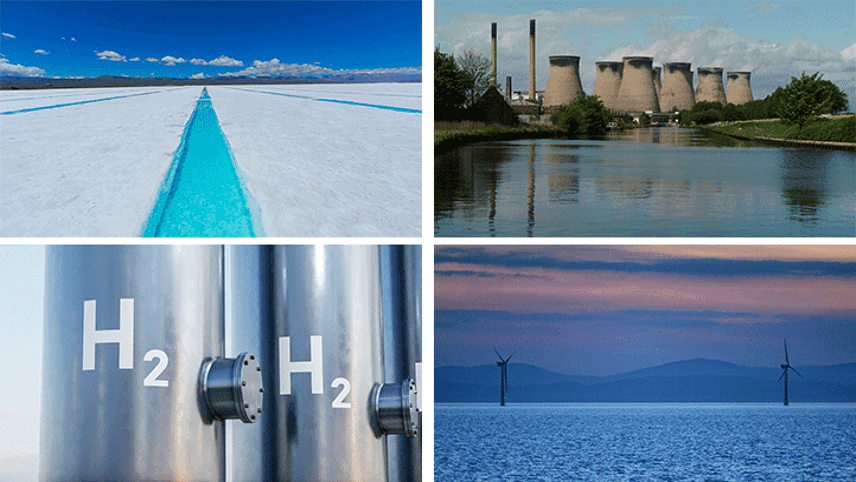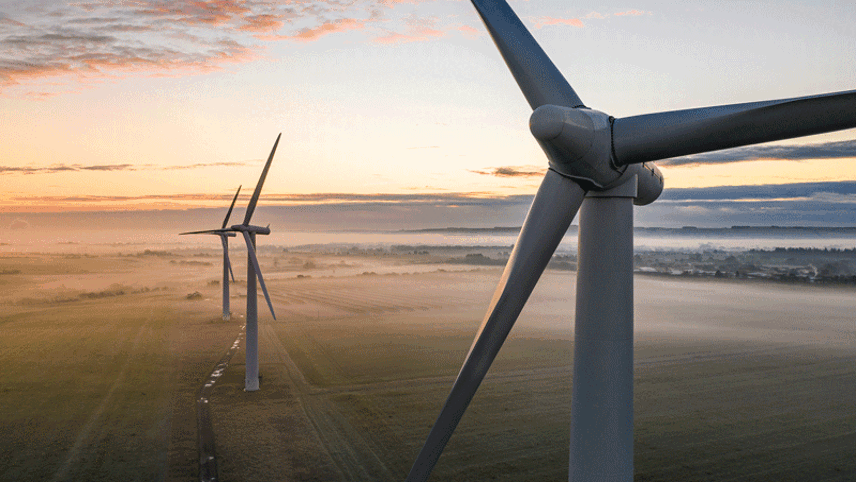WOBO thanks edie for their links to development activities.

Water ‘batteries’ and AI for algae: Ofwat allocates £40m green innovation funding
Ofwat will allocate millions of pounds to 16 new sustainable innovation projects, including the UK’s first full-scale carbon-neutral wastewater works and a network of farm-based water ‘batteries’.
The water regulator is awarding the funding under its Water Breakthrough Challenge, to the tune of £40m. edie spoke exclusively to Ofwat’s senior director of strategy, finance and infrastructure John Russell about this funding in March.
One of the 16 successful projects, announced today (16 May), will see farmers paid to store water on their land using nature-based methods. This will improve the quality of their soils and the level of biodiversity on their land, but could also help to manage water availability during droughts. Farmers could discharge their systems at peak times of demand and low times of supply – as would be the case with electricity storage.

Special audio feature: Geothermal and carbon capture insights from Iceland
As the need to decarbonise energy, heating and electricity systems rises on the road to net-zero, some nations have already reduced or eliminated fossil fuels. Listen to edie’s special audio feature in Iceland, to hear how the country has harnessed geothermal power and is now turning to carbon capture technologies to help with national climate goals.

The Energy Bill is back in Parliament – here’s what’s new
After a pause late last year, the Energy Bill has been updated and is progressing through the House of Commons. Here, we outline the key changes, from coal mine bans to undersea carbon storage maps.
Following on from the British Energy Security Strategy in spring 2022, which significantly increased targets for deploying offshore wind, blue and green hydrogen and nuclear, then-Energy-Secretary Kwasi Kwarteng introduced a new Energy Security Bill designed to enact many of the changes necessary to deliver the Strategy.

Australia published its annual budget – and there were some big wins for the energy transition.
Chief among them was a pledge for AUD$2bn (around £1.1bn) of funding to scale the nation’s first large-scale green hydrogen projects. Such projects produce hydrogen by electrolysing water in processes powered by 100% renewable electricity.
The funding will be allocated under a scheme called ‘Hydrogen Headstart’. The scheme’s design is that of a contracts for difference auction – developers are handed government contracts providing them with a long-term subsidy and steady price. Of the funding, $2m will be ring-fenced for projects supporting native communities.
Also in the Budget were multi-million-dollar funding commitments to solar and wind and to a rapid review of the state of Australia’s energy transition. Additionally, Ministers confirmed more than AUD $1.6bn to support energy efficiency upgrades to homes and small businesses.
Australian Treasurer Jim Chalmers called the package the nation’s “biggest ever investment in energy transformation”.
Nonetheless, Australia did not end or scale back the Fuel Tax Credit, as some green groups had hoped. It also provided AUD$6.7bn for a new gas strategy.

Consultation underway on lower energy bills for communities hosting onshore wind farms
The UK Government has launched consultations on “new and improved” reward schemes for communities in England that host onshore wind farms, including discounted energy bills.
After an effective ban under David Cameron, the construction of onshore wind farms in England is now permitted – but only in communities which support development, given that some communities are staunchly against having turbines nearby.
The Government is now hoping to convince more communities that hosting onshore wind helps contribute to the net-zero transition and to the delivery of a more efficient and lower-cost energy system. Onshore wind is one of the cheapest methods of electricity generation in the UK.

